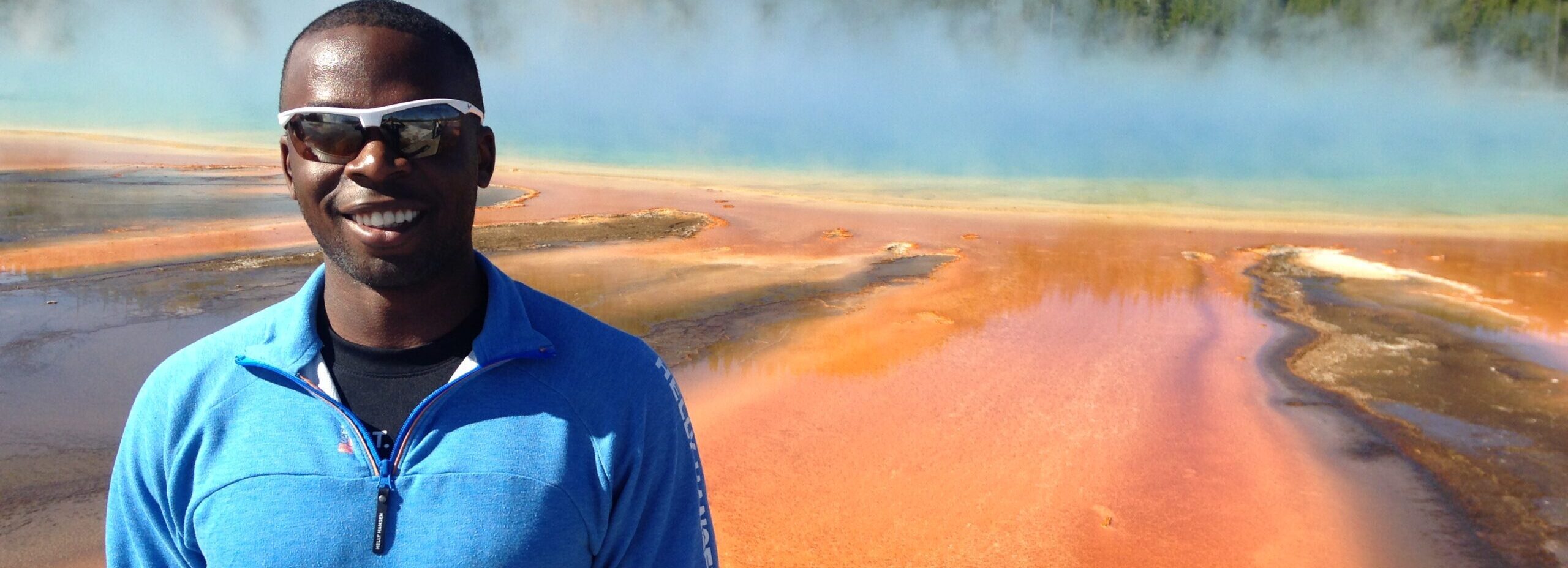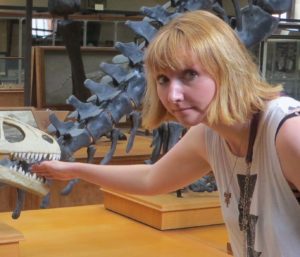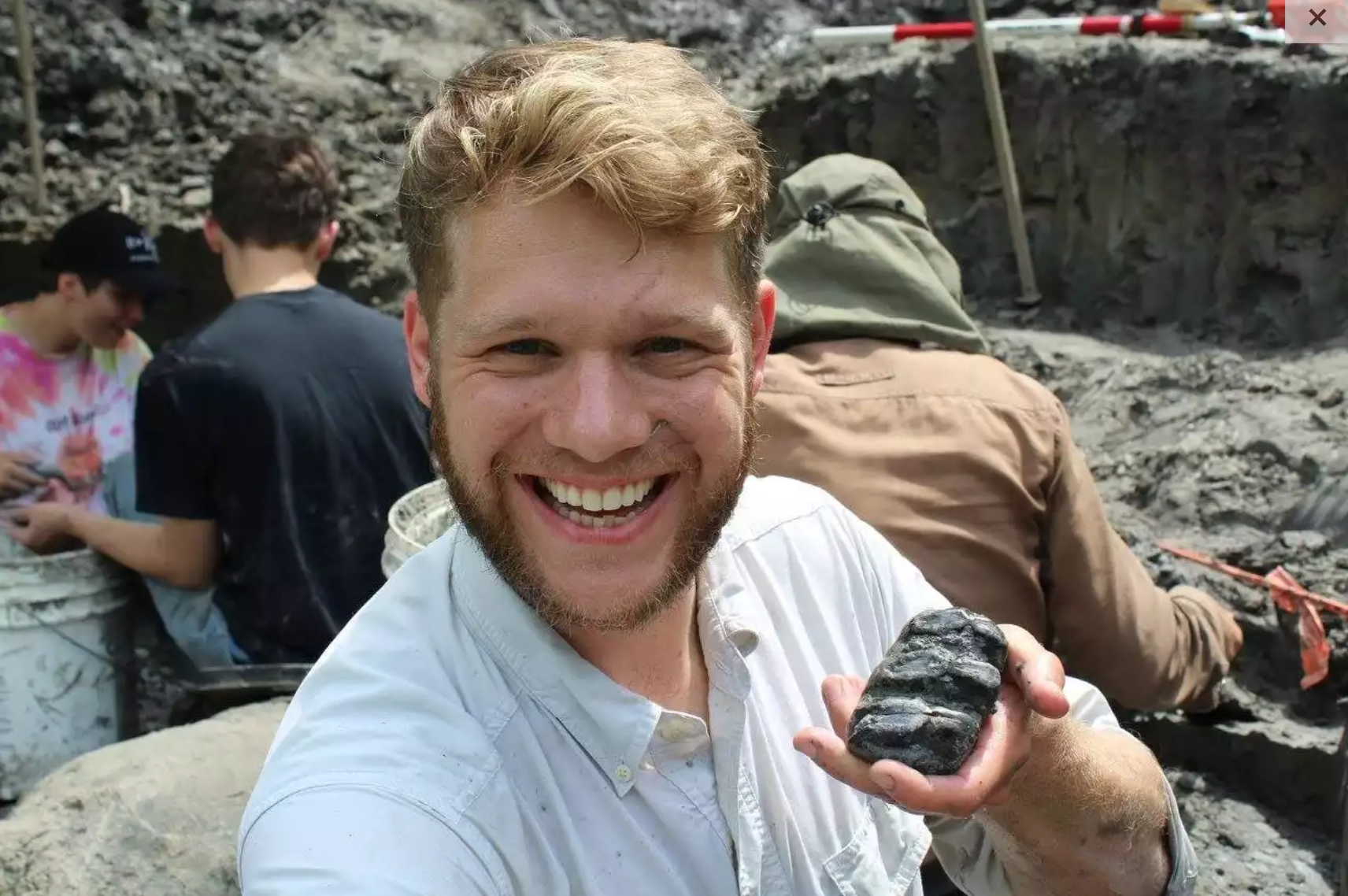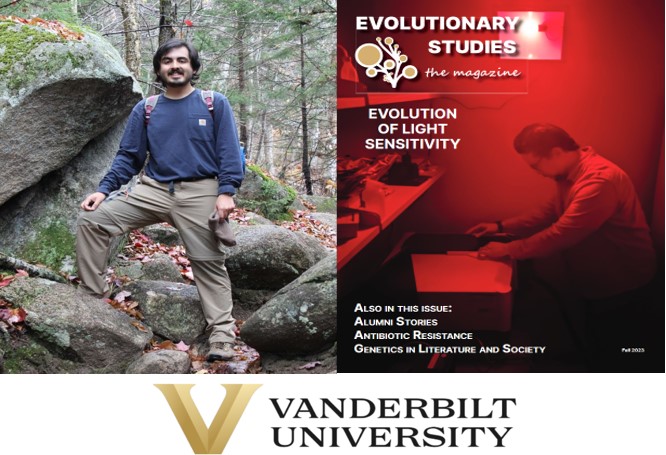Why Earth & Environmental Sciences? The Earth and environmental sciences focus on understanding Earth’s dynamic history — how Earth “works” and records its origin and age in rocks and landscapes — and how geological processes affect modern environmental and ecological systems. Among the natural sciences, ours is the quintessential interdisciplinary field, providing a vital perspective on how Earth’s physical and geochemical templates simultaneously sustain and threaten life, and influence human interactions with Earth.

7
continents with active EES research sites
$25K+
of available funding for student travel, research, and support


